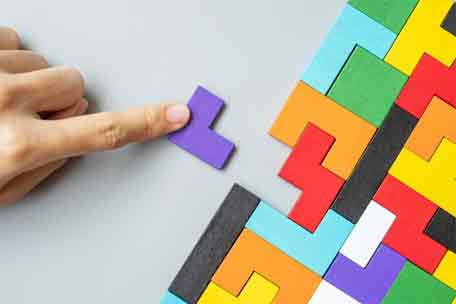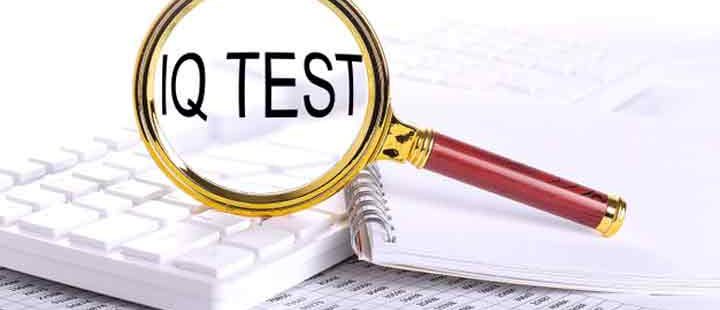We live in a society that uses many different kinds of tests for many different purposes. It is important to understand both the purpose of a particular test and the assumptions that underlie its use. There are at one extreme, achievement tests.
The purpose of IQ Test

Their purpose is to measure as accurately as possible how much you have learned before taking the test. Thus when you finish a college course, you usually take an exam. The purpose of the exam is to assess how much of the course content you have learned. Though it is possible that students with high IQs will receive higher exam grades, they receive no special credit for having a high IQ. The slower plodding student who works hard may receive a higher grade than the brilliant student who does not study. This is wholly appropriate since the only purpose of the exam as an achievement test is to measure how much of the tested material has in fact been learned more.
There are other occasions however when tests are used to predict some future performance. For example the military wants to predict the likelihood that a given candidate for aircraft pilot training will successfully complete the complicated and expensive course of training. To fly a plane well requires among other things, good physical coordination and a good sense of mechanical matters. Thus all candidates for pilot training are non madly given a battery of aptitude tests including tests of mechanical aptitude and of eye-hand coordination, which are used to predict how well they’ll do in the training program. People with poor scores on such tests tend to fail pilot training.
What is the distinction between an achievement test and an aptitude test?
The distinction between an achievement test and an aptitude test thus depends on the purpose to which the test is put. It is impossible to distinguish between the two types of tests on other grounds. The very same item can be-and often is-included in both achievement and aptitude tests. Think back to the entrance examination you took before being accepted by your college, The college thought of that exam as an aptitude test! from which it predicted that you would do well in college. That is your ”scholastic aptitude” was found to be high. The questions you answered, however were very similar to questions that you had earlier answered in high-school course examinations The same questions were then regarded as part of an achievement test. When you did poorly on such an achievement test in high school you might have argued that the test did not reflect your aptitude-only the fact that you had not studied enough for it. nose who do poorly on a rest of scholastic aptitude can just as reasonably argue that the test reflects nothing more than their failure to study enough-but in this instance the failure to study would have occurred over a long time span. The failure to have studied, it should be obvious does not necessarily mean that person could not have mastered the material on the aptitude test.
The fundamental equivalence of aptitude and achievement tests is best seen in tests that serve both purposes simultaneously-that is can be used either as an achievement test or as an aptitude test. Driving tests are used not only to assess how well a person has learned to drive (achievement) but also to predict whether that person will be able to drive a car safely on public highway (aptitude). Medical licensing exam’s the bar exam for lawyers, and licensing examinations for clinical psychologists all play the same dual role: They are used to assess how much people have learned.
- 5 Reasons to Try ProHydrolase for Digestive Health - June 20, 2024
- SMS Verification: A Comprehensive Overview - June 10, 2024
- 4 Effective Ways to Manage Erectile Dysfunction - June 3, 2024

